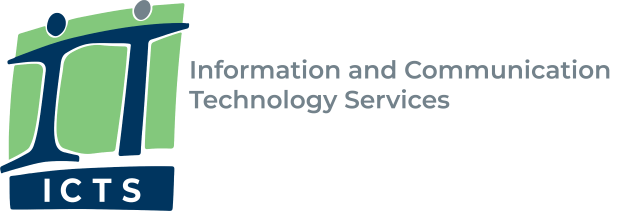What is the Core SLA?
The Core ICT service level agreement (SLA) is a service catalogue containing detailed information about Core ICT services at UCT. It includes information about who is entitled to use each service, customer responsibilities, prices (if applicable) and realistic service levels given the available resources.
The SLA’s primary purpose is to establish a co-operative partnership between ICTS and its customers. Within this framework, the SLA seeks to:
- identify clear and consistent expectations,
- outline agreed roles and responsibilities,
- deliver services that are measured, monitored, reported and reviewed for continuous improvement,
- provide mechanisms for resolving problems, and
- provide a platform to enable changes in response to new technologies, customer requirements and other opportunities.
What kind of services are covered in the document?
The Core SLA describes almost 40 critical services that ICTS has been mandated to provide.
When did the Core SLA take effect?
The Core SLA has been in effect since July 2008, having been developed during ICTS’s supaTsela ICT Renewal project in the mid-2000s. The incorporation of Classroom Support Services took effect from January 2014, and the document was last updated in December 2018.
The nature of the document is such that it needs to be long – because it covers so much detail. However, the quickest way to navigate the document is to first scan through section 1 for a quick overview, then delve into section 2 to find details about the specific service you’re interested in.
End-users must:
- Report incidents or log service requests by logging calls with the IT Helpdesk unless another process is specifically stated for a particular service.
- Abide by the applicable policies listed for each service.
- Have any prerequisite hardware or software.
- Make reasonable attempts to co-operate with ICTS to resolve incidents, including providing information, performing trouble-shooting steps, and ensuring ICTS’ access to physical space.
- Where services attract a fee, provide fund and cost centre information, and fund-holder approval.
Faculties and departments must:
- Appoint effective representatives to IT governance committees.
- Appoint Directory Managers who must ensure that staff information (name, phone number, room number, etc) contained in the UCT directory (White Pages) is accurate and maintained.
- Appoint sufficient numbers of IT Liaisons who must:
- ensure that information regarding ICT improvements, changes to business processes, system maintenance and system problems reaches all users. This information normally comes via the icts-announce-l mailing list.
- co-ordinate the gathering of information requested by ICTS from time to time.
- offer feedback about ICT services to ICTS.
- assist by assessing ICT needs in the department.
- regularly check the ICTS website (www.icts.uct.ac.za).
- represent the department's ICT needs at faculty or departmental IT meetings.
In the SLA, what does “availability” mean?
Availability refers to the uptime of services.
Availability is measured 7 days a week, 24 hours a day and is reported on monthly.
The measurement includes:
- downtime for emergency maintenance
- unpredicted downtime due to failures
The measurement excludes downtime that occurs during:
- the scheduled monthly maintenance slots (agreed to by UICTC and published in the UCT Academic Calendar)
- the agreed maintenance windows required for major projects such as system upgrades and SAP year-end processes
All availability is defined in terms of the service provided. For a service to be deemed available, the following must be operating correctly:
- servers and software that provide the critical functionality
- other key services upon which these depend
Availability KPIs have been set at 98% for most essential services. This means that ICTS commits to no more than 0.6 days of downtime per month (or 7.2 days of downtime per year).
How do I report any dissatisfaction I have with the service I received?
